Discover the best hiking trails in Europe while supporting sustainable and responsible outdoor tourism with the European Ramblers Association.
Do you plan to walk in Europe?
Have a look here!

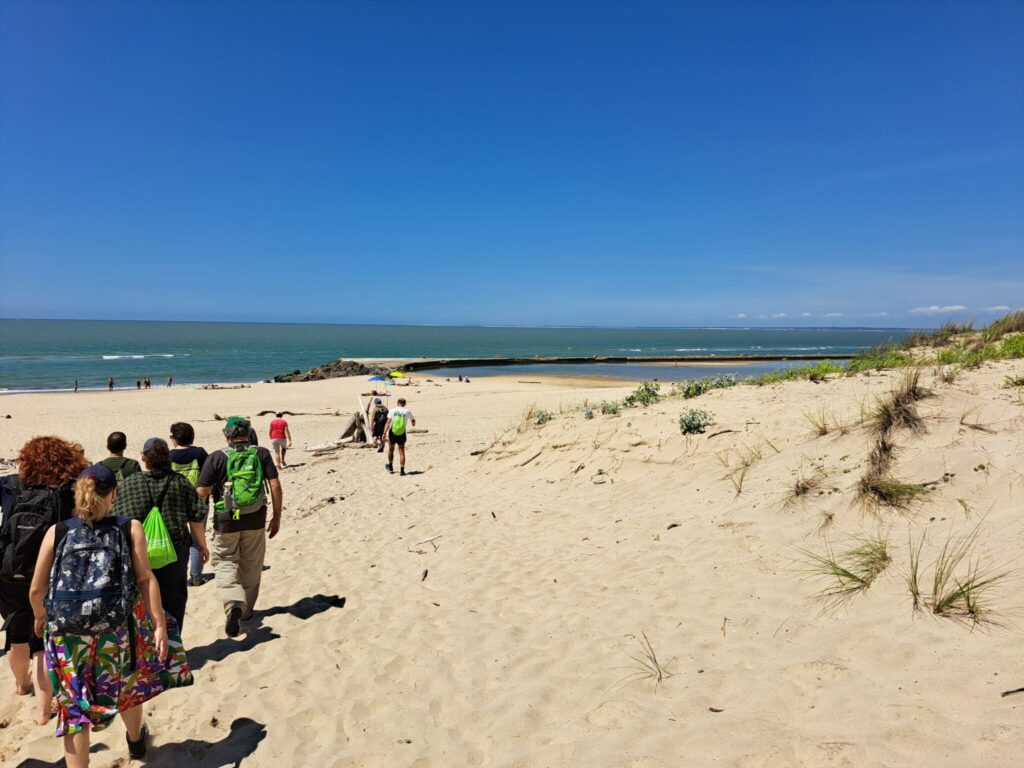
E-paths
The long distance E-paths connect Europe along national and regional routes. They can be found here. The verified and recommended E-paths can be found here.
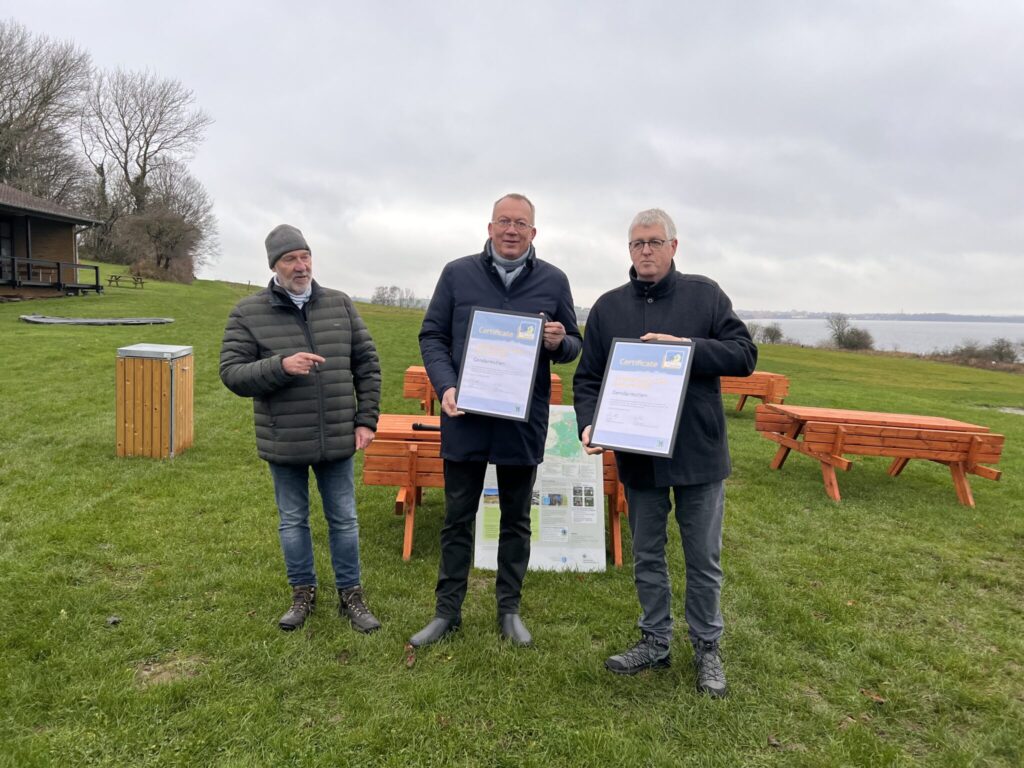
Leading Quality Trails – Best of Europe
The high quality routes – the Leading Quality Trails, Best of Europe – may be found here.
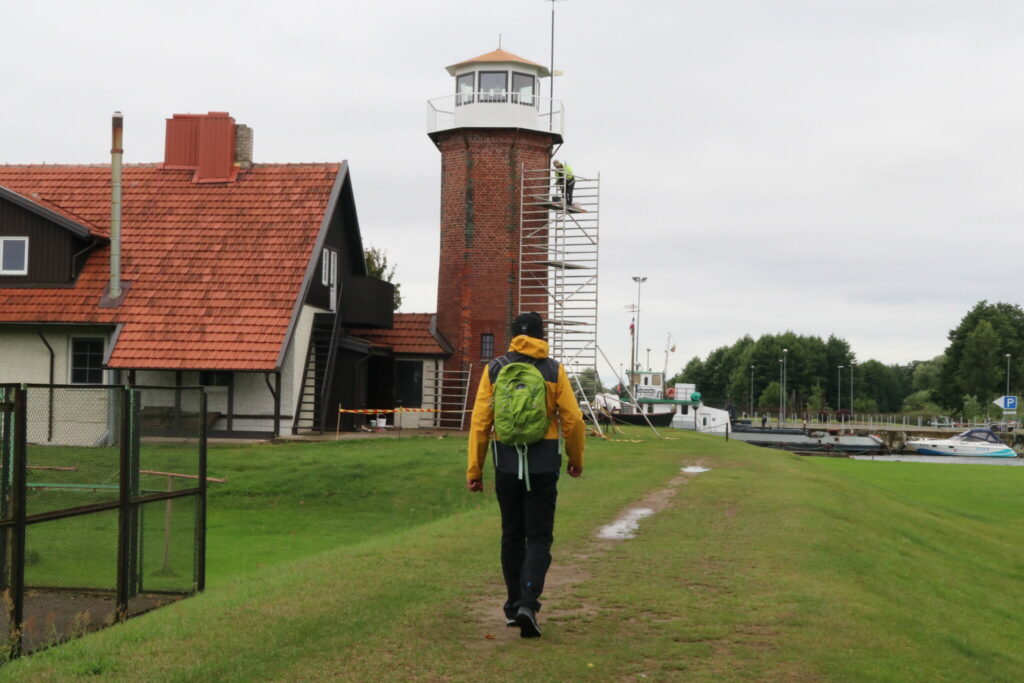
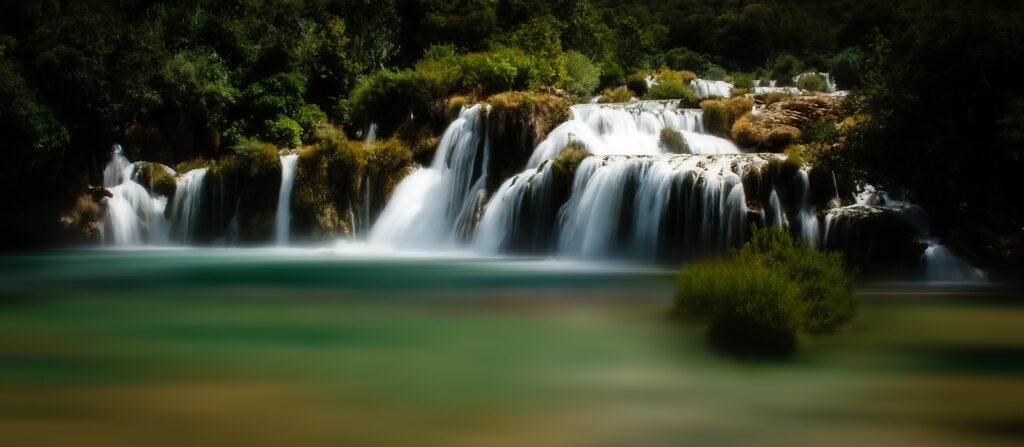
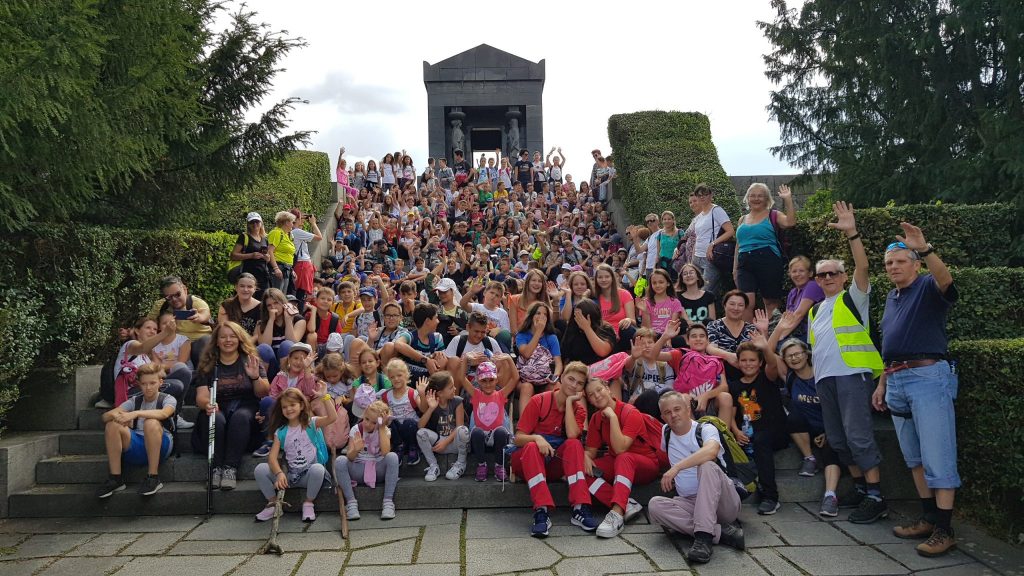



Countries
Country specific information about walking can be found via this page.
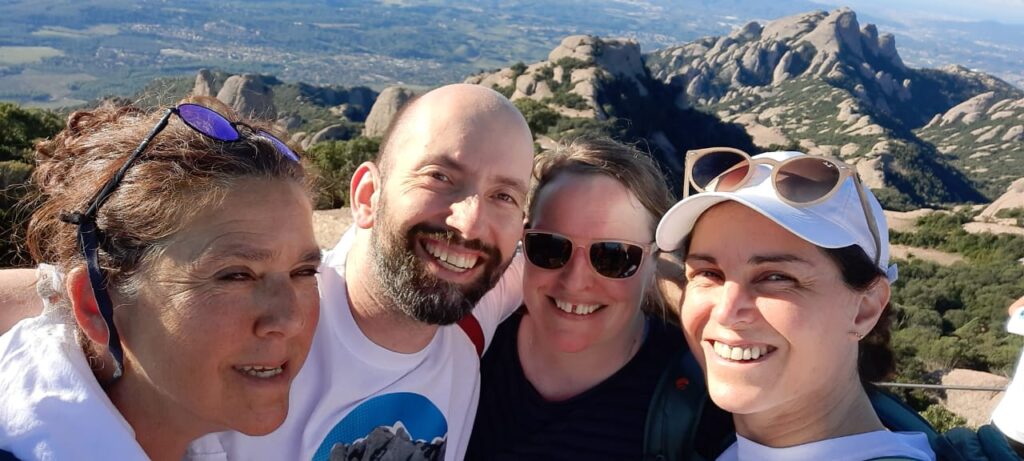
Others
Read about Coolcation here. Coolcation is cool hiking vacation.
Find the Benefits of hiking here.
Leave No Trace, when you are out hiking.
Walk electronically
It may be difficult to find routes and tracks, but this page gives advice about electronic possibilities.
Waymarking Brochure
Find the Waymarking Brochure for Europe here.
Above all, do not loose your desire to walk. Every day I walk myself into a state of well-being and walk away from every illness. I have walked myself into my best thoughts, and I know of no thought so burdensome that one cannot walk away from it.
— Søren Kierkegaard
- Enjoyable walking
- Walking in general
- Walking knowledge
- European Walking Code
- Walking with a club
- Wild camping
What is the difference of walking, hiking and rambling?
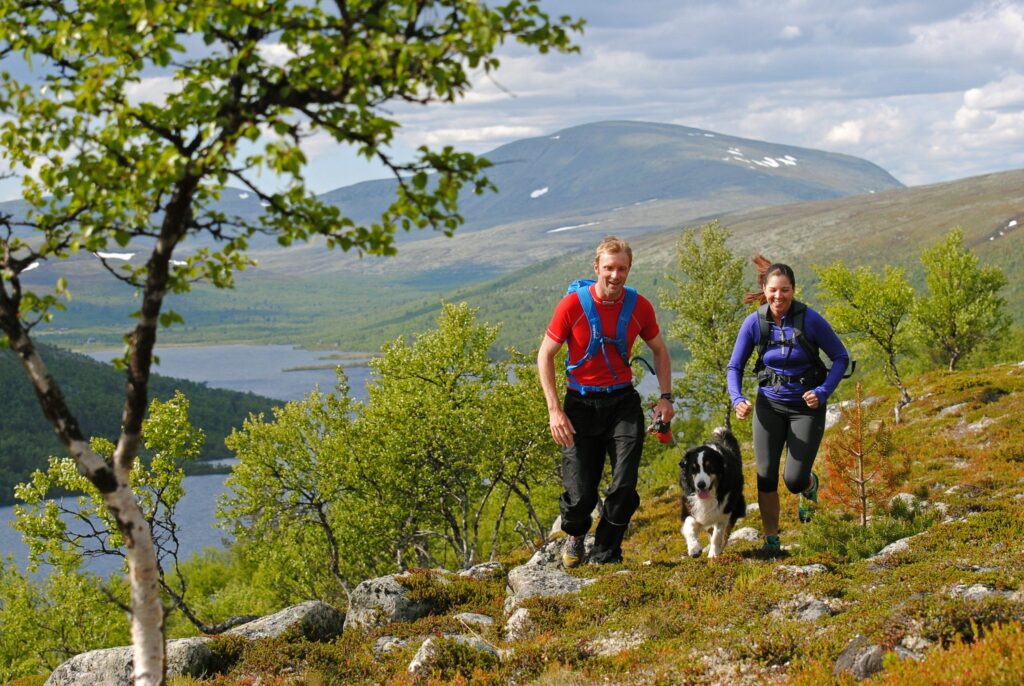
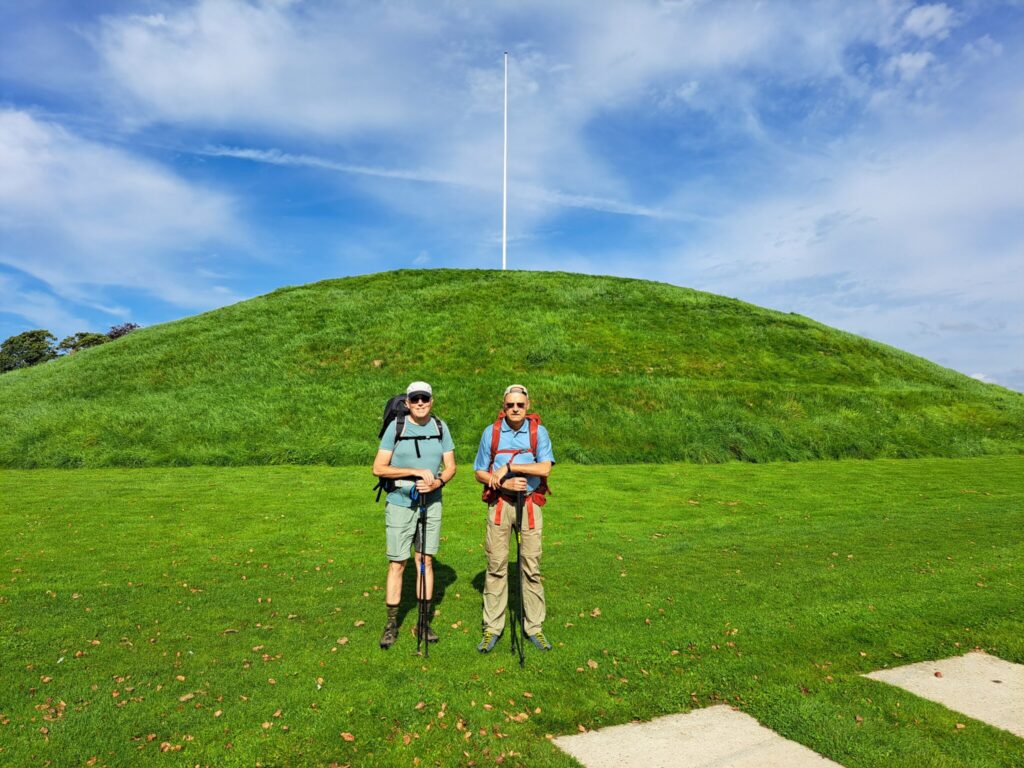
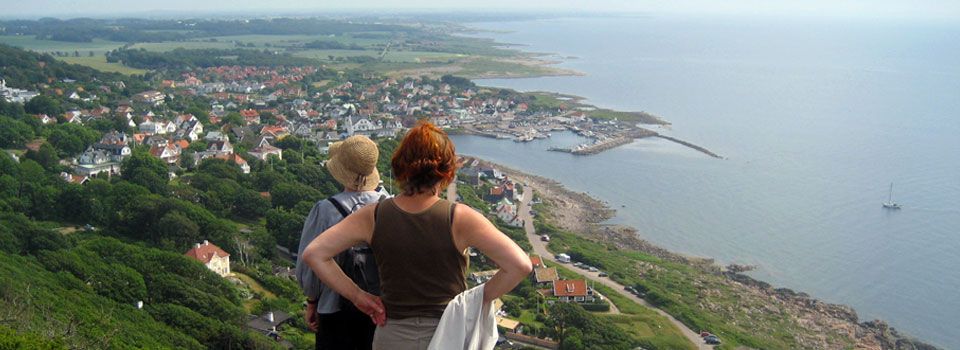
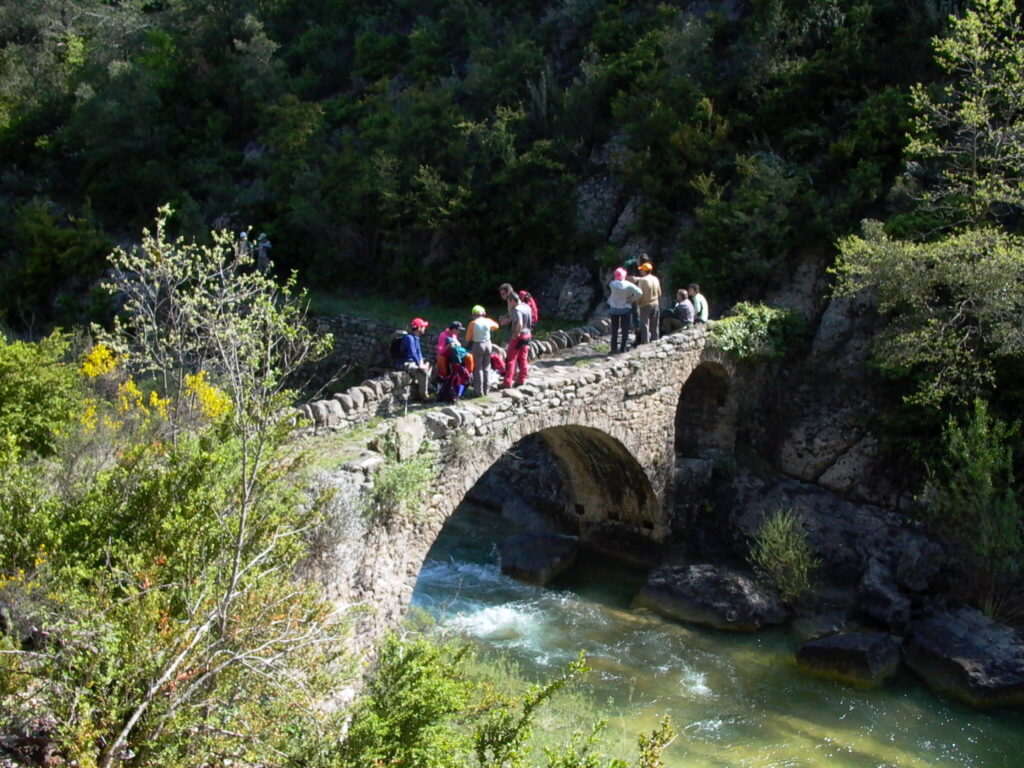
Walking, hiking, and rambling are all forms of physical activity that involve moving on foot, but there are some differences between them:
- Walking: Walking is the most basic and common form of physical activity that involves moving on foot. It can be done at a leisurely pace or at a faster speed and can be performed on flat or uneven terrain. Walking is a low-impact activity that is accessible to most people, and it can be done as a form of exercise, for transportation, or leisure.
- Hiking: Hiking involves walking on trails or paths that are typically unpaved and often in a natural setting, such as a forest, mountains, or hills. Hiking can be more challenging than walking, as it often involves uphill and downhill sections, and may require more stamina and endurance. Hiking can be done as a form of exercise, for recreation, or as part of outdoor activities such as camping or backpacking.
- Rambling: Rambling is a term used primarily in the UK to describe long walks in the countryside, often on footpaths and bridleways. Rambling is similar to hiking but may involve a more relaxed pace, and may be more focused on enjoying the scenery and the outdoors rather than achieving a specific fitness goal. Rambling is often done in groups and may be part of a social or community activity.
Hiking offers a wide range of benefits for both physical and mental health
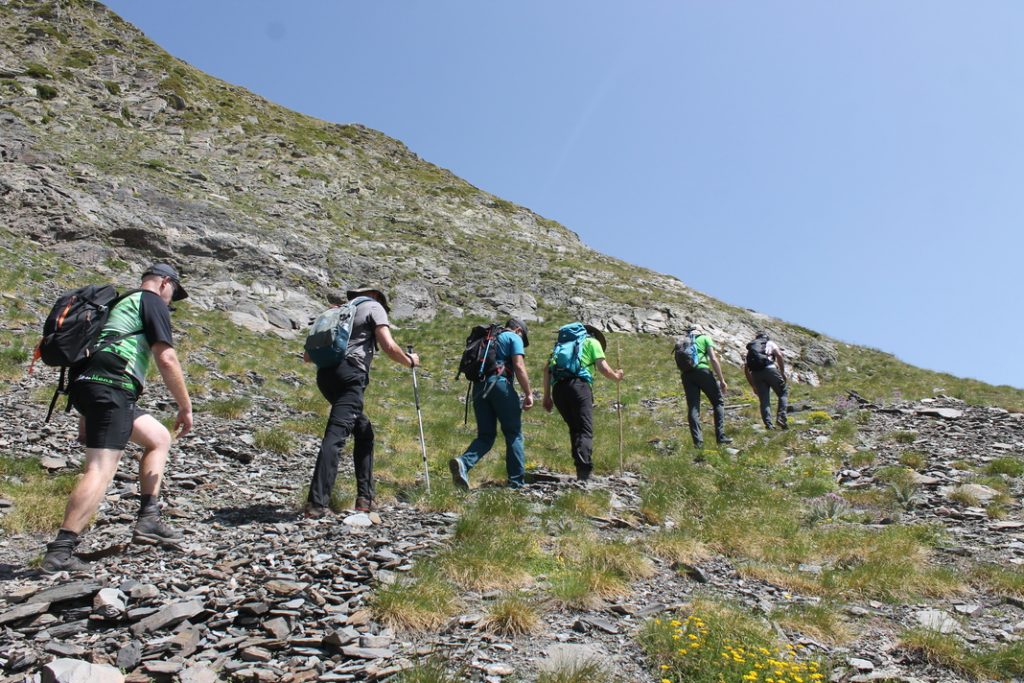
Physical Health Benefits:
1. Cardiovascular Fitness: Hiking is an excellent cardiovascular exercise that can help improve your heart health, increase stamina, and lower the risk of heart disease.
2. Strength and Endurance: Uphill hikes and uneven terrain work various muscle groups, including your legs, core, and upper body, helping to build strength and endurance.
3. Weight Management: Regular hiking can contribute to weight loss and weight maintenance by burning calories and boosting metabolism.
4. Joint Health: Hiking is a low-impact activity compared to running, making it gentler on your joints while still providing an effective workout.
5. Improved Balance: Hiking on uneven trails enhances balance and stability, reducing the risk of falls, especially in older adults.
Mental Health Benefits
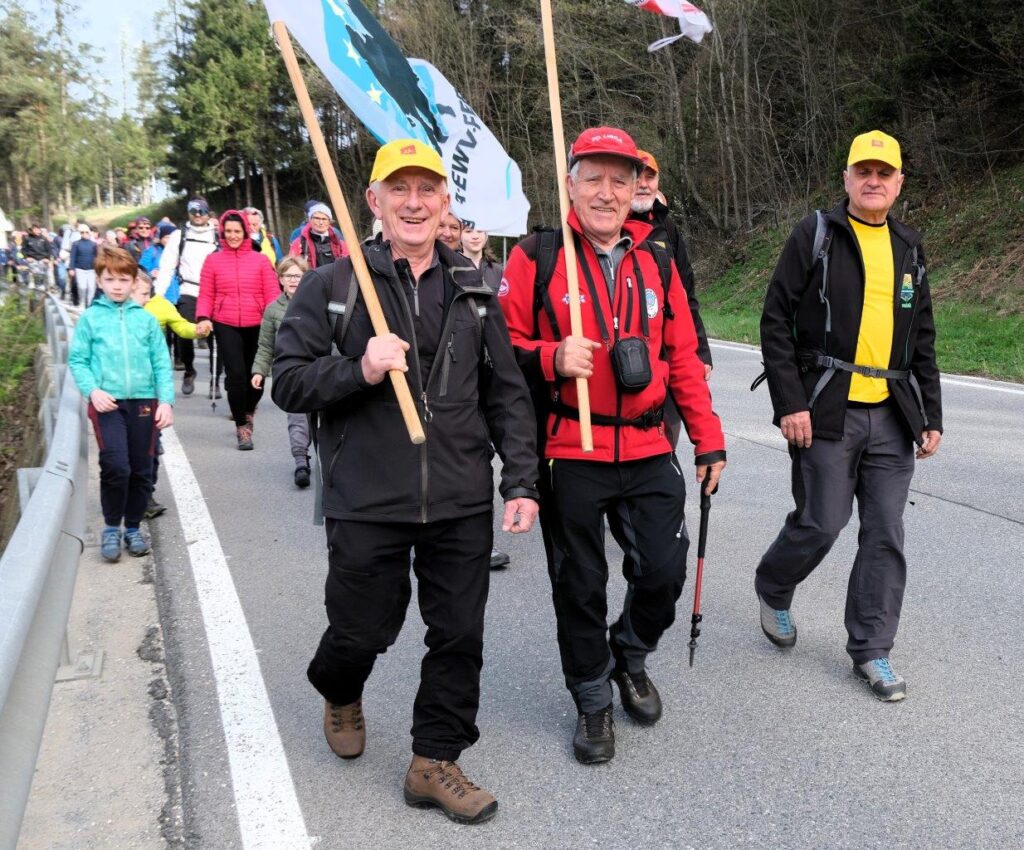
1. Stress Reduction: Spending time in nature and engaging in physical activity can reduce stress levels, leading to improved mental well-being.
2. Mood Enhancement: Hiking in natural settings has been linked to increased feelings of happiness and reduced symptoms of anxiety and depression.
3. Enhanced Creativity: Being in natural environments can stimulate creativity and problem-solving abilities.
4. Mindfulness and Relaxation: Hiking allows for moments of mindfulness and relaxation, providing a break from the demands of daily life.
5. Connection with Nature: Spending time outdoors fosters a sense of connection with the natural world, which can be spiritually uplifting.
6. Social Interaction: Hiking can be a social activity, providing opportunities for socializing and strengthening relationships with friends and family.
7. Increased Energy: Paradoxically, physical activity like hiking can boost energy levels and combat feelings of fatigue.
In summary, hiking is a holistic activity that promotes physical fitness, mental well-being, and a deeper connection with the natural world. It offers a multitude of benefits for individuals seeking a healthier and more balanced lifestyle.

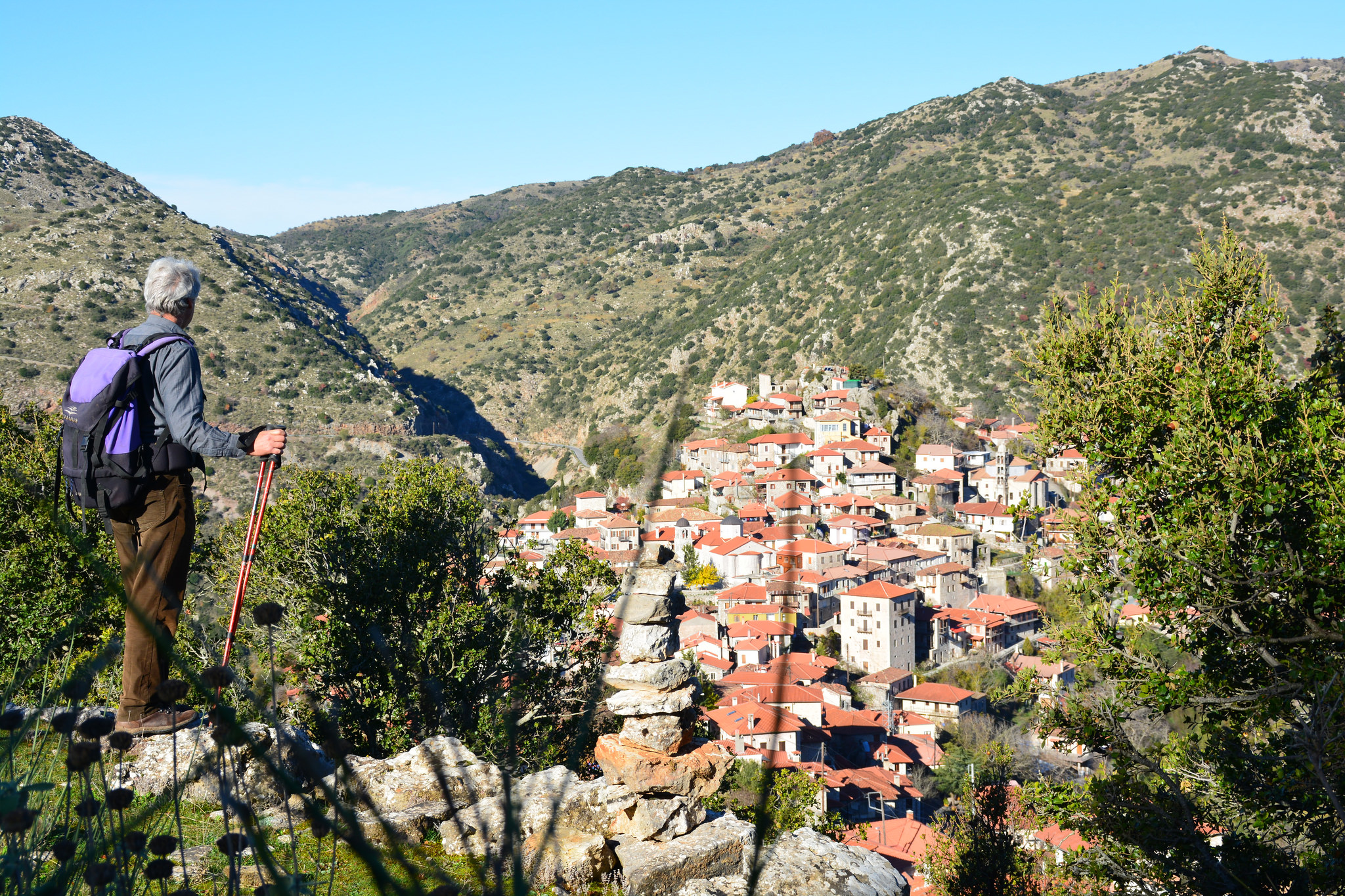
 Walk for unity & wellness!
Walk for unity & wellness! 


